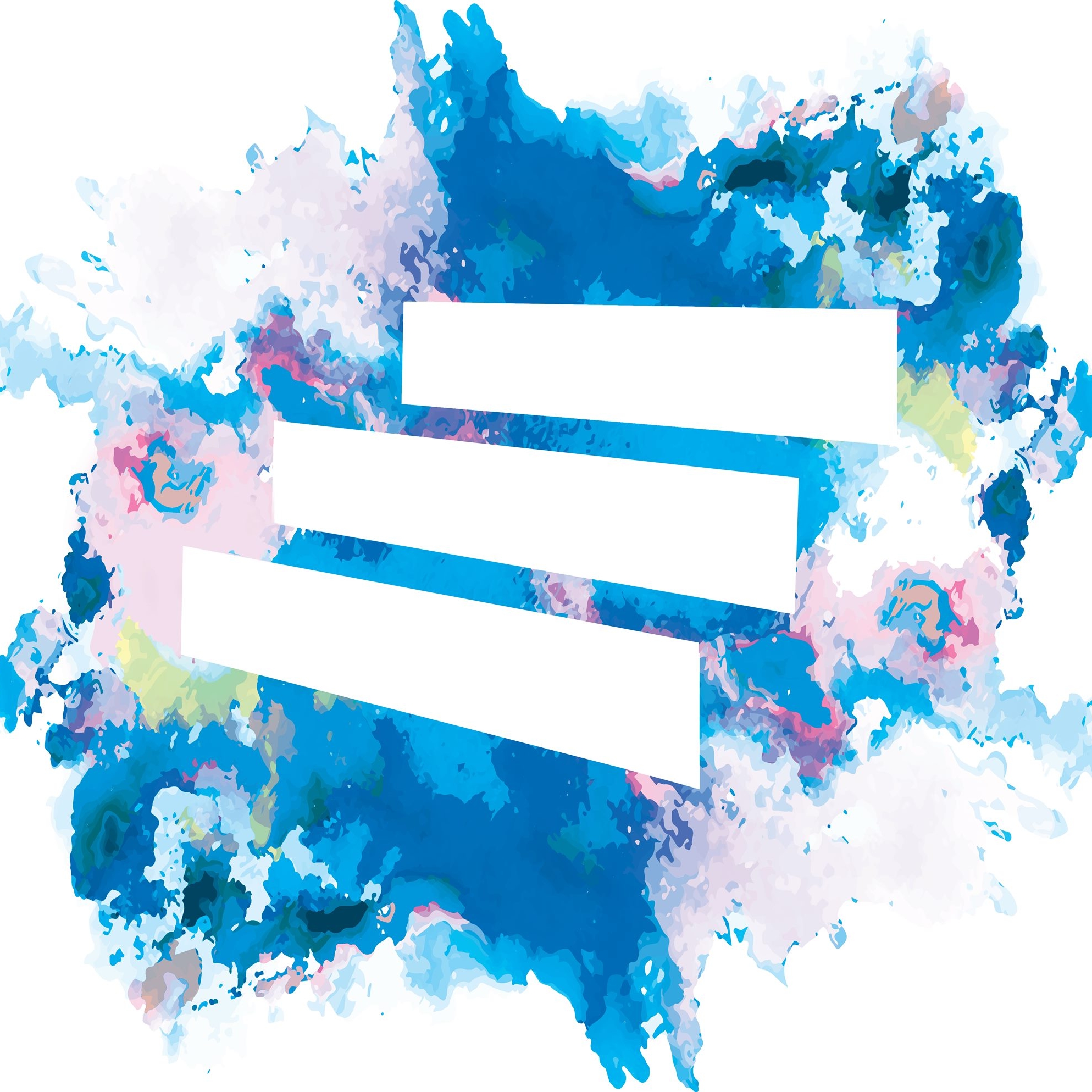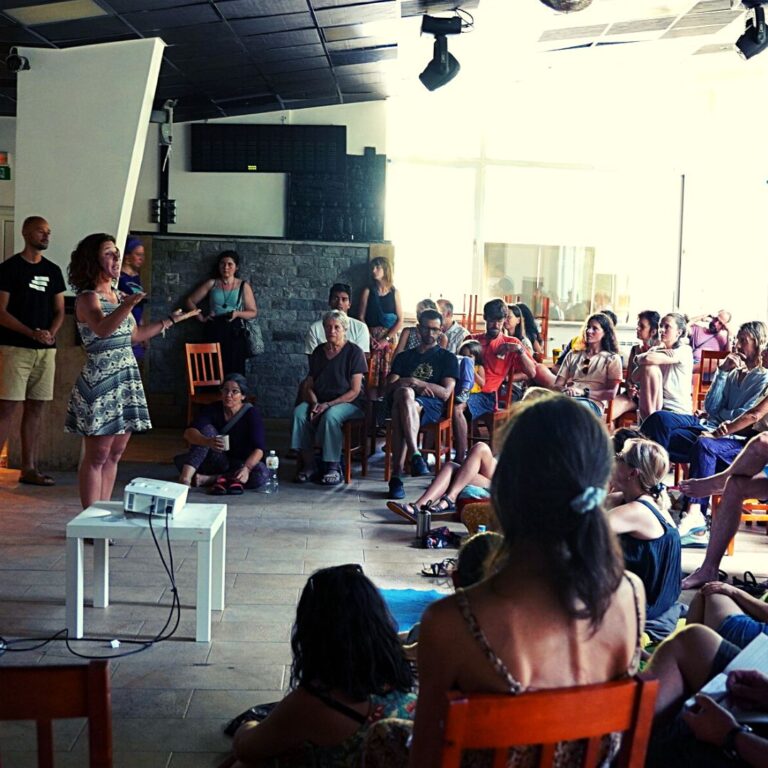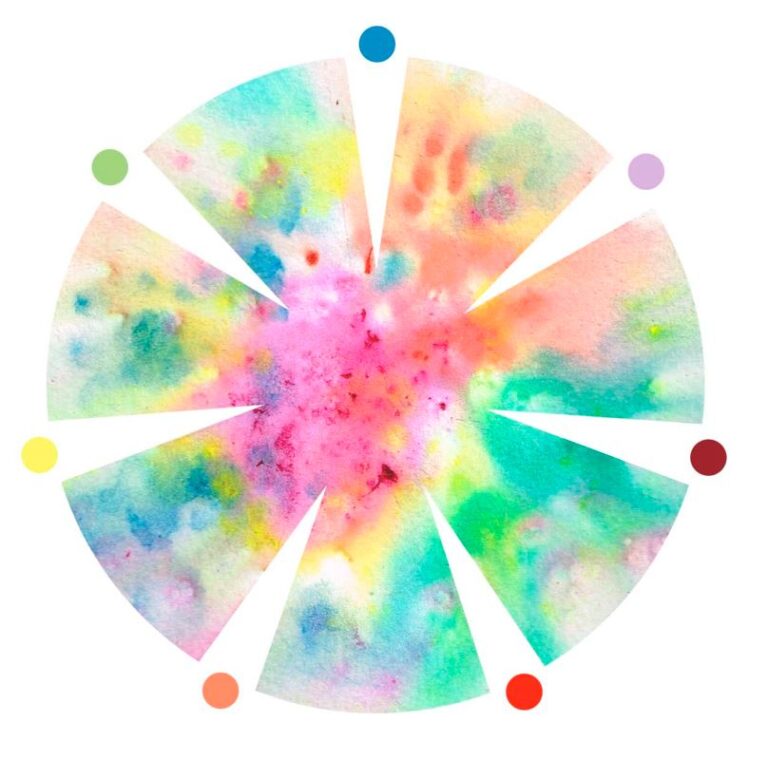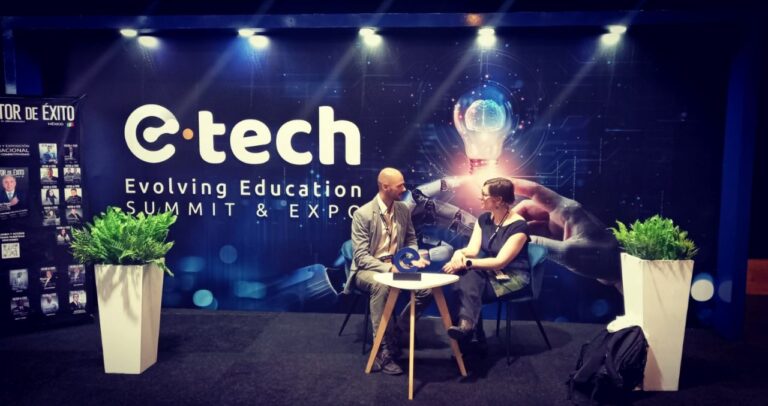Hello! This is David from Evolving Education. Luz and I just came back from the European Democratic Education Conference (EUDEC 2023), this year hosted in Bulgaria, and our minds are bubbling with inspiration and ideas. Here are our key take-aways!
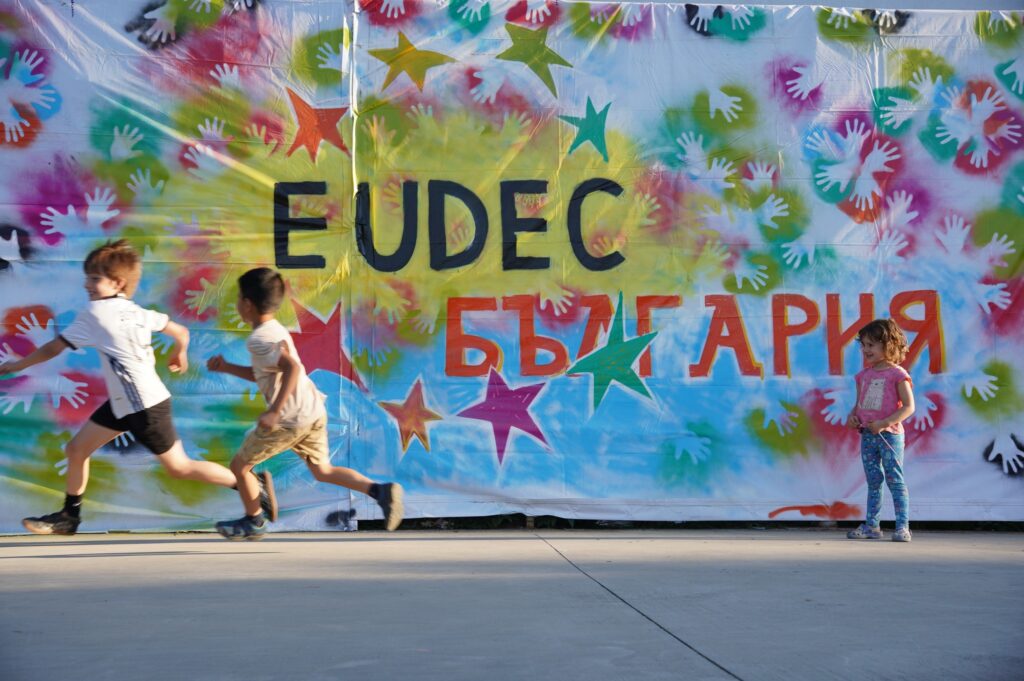
A Short intro to Democratic Education
Democratic Education is based on the principle that children and youth have something to say about their own learning, and therefore about their school. I know, quite a revolutionary concept! It’s more than 100 years old, if we take as a reference point Summerhill School in the UK. This school is run by a school parliament where everyone can vote about how the school runs. They keep a “law book” where all the decisions are recorded.
We want to live in democratic countries where people feel responsible for co-creating a just and sustainable society. But most young people only experience such concepts in a theoretical manner. They are told what to learn, when to learn it, how to learn it and with whom to learn it. We wait patiently around the corner to tell them as soon as they reach 18 years old: “Why are you not more independent!”
Democratic schools want to change that. EUDEC is the European branch of this global movement that already brings together thousands of schools. Each of them have found their own way to put student participation at their core. Here you can read more about our first encounter with democratic education at Hadera Democratic School.
The Most Difficult School in the World
The first session that I attended at the conference was offered by Ofer Erez, founder of Diablo Valley School in California, USA. Some people in the audience asked how to communicate to families how the school works. This was his advice:
“I tell families that this is the most difficult school in the world. Children have to make their own decisions, connect with their intrinsic motivation, learn how they learn best… This is convincing to most families.”
Diablo Valley School follows the model of a key referent in the freedom-based education scene: Sudbury Valley School. Other school founders shared that at their schools, young people design their own learning plans and choose mentors to meet with on a regular basis to reflect on their journey.
A documentary film presenting the case study of a democratic school unit (Suvemäe) within a public school in Tallinn, Estonia, agreed with Ofer. The director of the school shared:
“Initially I thought that it would be the less engaged kids that would go to the unit. But then it was the fast-learners that stayed, as they could explore beyond the standard curriculum.”
Charlie Moreno-Romero, creator of this initiative, clarified that about 5 to 10 teens went back to the main branch of the school looking for more structure. Interestingly, both the children that stayed in the democratic unit and those that returned to the structured school were more motivated, as they have chosen consciously what approach worked for them.
Having a Voice Changes Everything
Students at Suvemäe expressed how much they valued the opportunity to express their opinion. They felt happy to wake up every morning and go to school. They were more social and collaborated on projects instead of being isolated on their phones. Charlie’s project still has curriculum from the government, but they negotiate and reach agreements with the students about how to meet those objectives.
“In conventional schools students are grouped by age. This is a convention. There’s no proof that this is positive for learning or for the children. At Suvemäe students are grouped by mastery level, so that everyone can choose which level is most appropriate for their development.”
This is what Charlie called differentiated inclusion or equality in learning. Beyond the lessons, a common element of most democratic schools is having time and space to bring challenges and solve conflicts. This might be one of the most meaningful things that we can do for our society: providing learning experiences that allow people to learn how to solve issues peacefully.
“It’s not just about having a vote, but a voice.”
This is how Ruud van Middelaar, founder of De Ruimte Democratic School in the Netherlands put it. In their school, they use a consent-based decision making process called sociocracy, instead of voting. One more example of the diversity of options available for those interested in trying this approach.
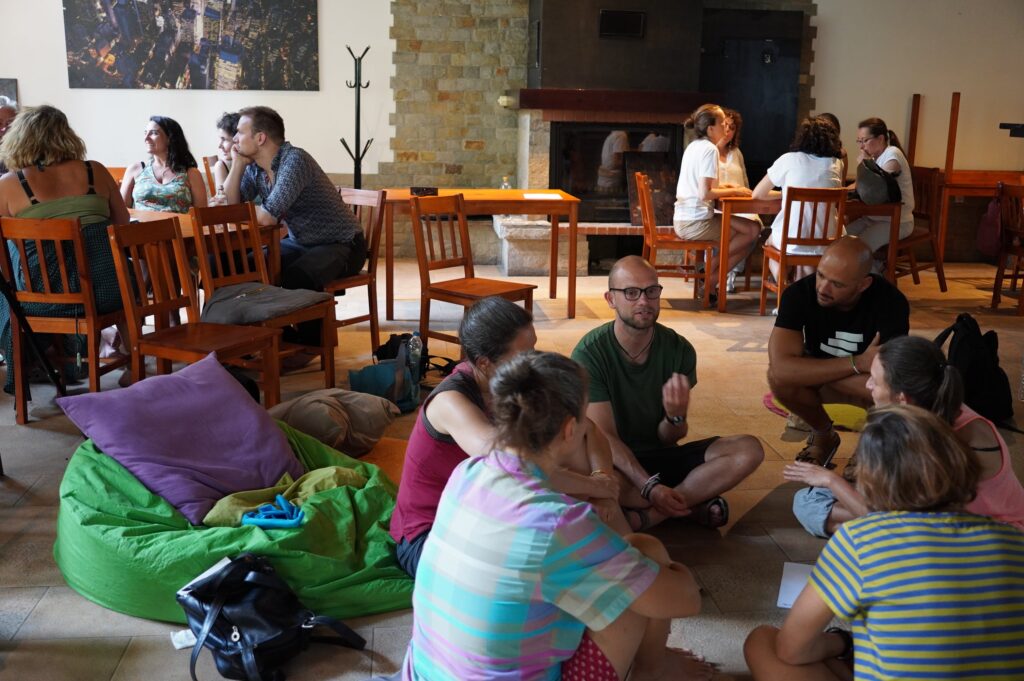
Artificial Intelligence to Let our Humanity Shine
Now artificial intelligence (AI) comes into the picture.
“AI changes everything.”
Said Yaacov Hetch, a worldwide thought leader in education innovation. Some experts say that the change that AI brings doesn’t resemble the industrial revolution, but the meteorite that wiped the dinosaurs. And it is just at its infant stage.
Some examples: In Israel, math is not going to be taught by teachers anymore, but by technology that allows personalized incremental learning plans and peer learning. Khan Academy has just launched their Khanmigo bot, a personal tutor for every child to support them on any subject of their choice.
We can face this change with fear or with hope. I choose hope.
AI makes it more evident than ever that it doesn’t make sense to force everyone to learn the same pieces of average knowledge and skills. AI is better than us at everything on average!
It therefore pushes us to focus on our strengths, our passions, our dreams!
This blog has not been written by ChatGPT. I write better than ChatGPT. I know it because I use it for minion tasks and allow myself the time to be creative about things that I am passionate about.
For educators, it allows us to focus on our unique human skills: listening to children, helping them to find who they are and who they want to be, facilitating and mentoring learning processes.
You can bring out your human superpower!
For most of us, this means a deep reinvention. It means to prioritize our personal development and being in a life-long journey of growth. And that is what we do at Evolving Education.
If you want to join a journey of personal transformation, getting inspired from the most innovative schools around the world and supported by a value-driven community, we just open the doors of The Learning Expedition.
